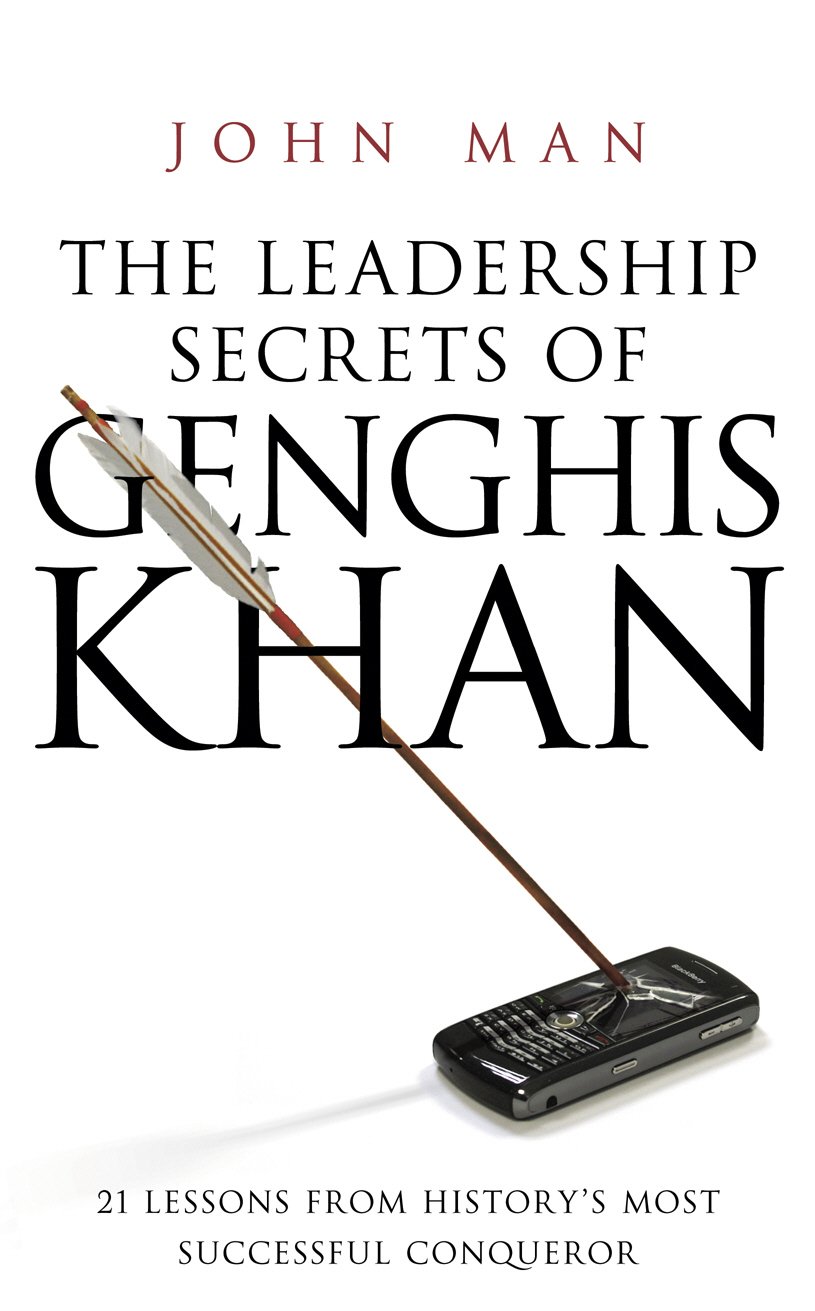
Within a space of forty years Genghis Khan went from hunted outcast to the founder of an empire four times the size of Alexander’s and twice the size of Rome’s. The secret of his success is conveyed in one word—leadership. This book reveals the qualities and strategies that underpinned this ruler’s success. Often reviled, and justly, for his brutality, Genghis Khan was a leader of exceptional vision.
The book deals with the theme of greatness, which involves vision and change, a change which leads to something that was not there before: in other words, a transformation.
The book’s eight chapters point the way for how organisations can capitalise on human resource acquisition and management, and retain the brightest talent, as Genghis Khan did. The book touches on the meaning of leadership, the importance of vision, faith and charisma as well as how trust is built. Here the universal attributes of leadership are shown to be as applicable today as they were 800 years ago.
After reading this book, readers will walk away with answers to the following questions:
- How did Genghis Khan build such a vast empire?
- What do his achievements reveal about the nature of leadership?
- What traits made him so effective?
- Were the traits unique to his time or might some of them be valid in our age?
John Anthony Garnet Man is a British historian and travel writer. His special interests are China, Mongolia and the history of written communication. Taking particular pleasure in combining historical narrative with personal experience, Man studied German and French at Keble College, Oxford, before doing two postgraduate courses, a diploma in the History and Philosophy of Science at Oxford and Mongolian at the School of Oriental and African Studies. After working in journalism with Reuters and in publishing with Time-Life Books, he turned to writing, with occasional forays into film, TV and radio.






